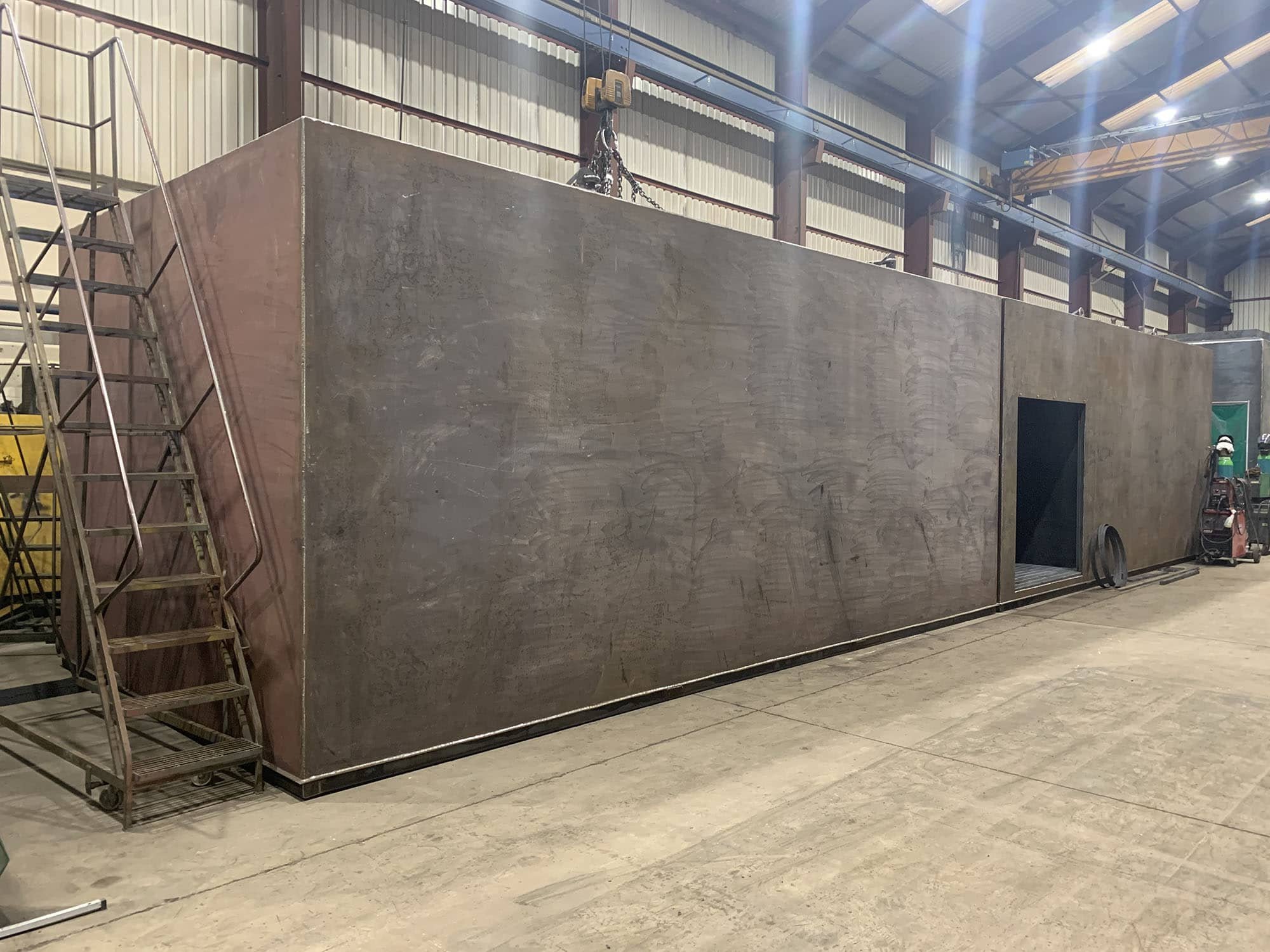Top reasons to use steel fuel storage tanks
There are many options to consider when investing in a new fuel storage tank. Design, capacity, dispensing equipment fitted to your tank, and most importantly, the tank material. Steel fuel tanks offer many benefits over plastic tanks, and by choosing a steel tank to store your fuel, you can expect to benefit in several ways. No matter whether it’s diesel tanks, oil tanks or other types of fuel tanks you are looking for, steel fuel tanks are hard to beat.
Longevity
Steel tanks are appropriate for a vast range of conditions and have a much longer lifespan than tanks made from plastic. While plastic tanks are susceptible to UV degradation, structural failures and damage from machines and vehicles, steel tanks can withstand accidental scrapes and knocks from onsite machinery and have a much better lifespan. A well-finished steel product can withstand the harshest of environments while providing many years of hassle-free refuelling and storage.
Security
Fuel theft can be extremely inconvenient and costly, making the security of a fuel tank a top priority. Machinery and vehicle downtime caused by stolen fuel, possible environmental fines and of course, the cost of replacing the fuel itself, can have a significant negative effect on any business, so ensuring you have a strong and robust tank is essential. Fuel theft has risen in recent years, with thieves specifically targeting plastic tanks which are easier to break into. A well-designed tank that has been constructed out of steel is extremely hard to break into, providing better security and reducing the risks of your fuel being stolen.
Cost
The superior lifespan, durability and security of steel tanks provide much better value when compared to plastic tanks, especially over the long term. Plastic tanks can generally only be used in one location, as moving them usually invalidates their warranty. However, steel tanks can be moved and relocated at a future date, if required. This offers more flexibility to owners of steel tanks, and also allows owners to resell their tanks should their future needs change.
Minimal site preparation required
Plastic tanks must be installed according to their manufacturer’s guidelines, which involves placing them on perfectly level concrete bases. The cost for the installation of this type of base alone often costs more than the price difference between plastic and steel tank options. To install a steel tank, minimal site preparation is required, and as long as the base is firm, flat and non-permeable as per the Environment Agency PPG2 guidelines, that is all that is necessary to comply and install a steel fuel tank.
Flexibility
Steel bunded tanks are used in a wide range of industries and applications, including Forestry, Agriculture, Haulage, Construction and Plant Hire. As they can be relocated between sites, even after many years of use in one site, this makes them the best choice for storage tank flexibility. UN approved steel bowsers and tanks are designed for both transporting and storing fuel, and for this reason, they are easily lifted and transported around a site, or transported on motorways. Certain steel models can even be transported full of fuel, making them the best and most reliable option for flexible fuel storage.

